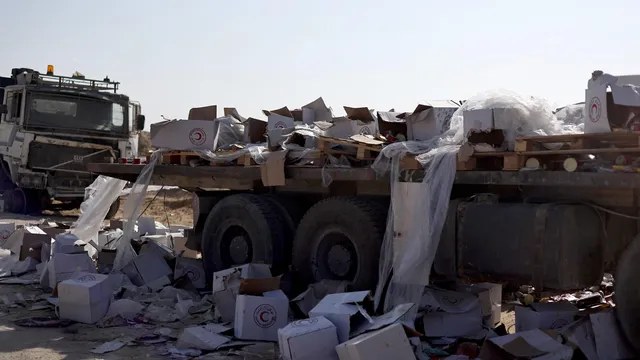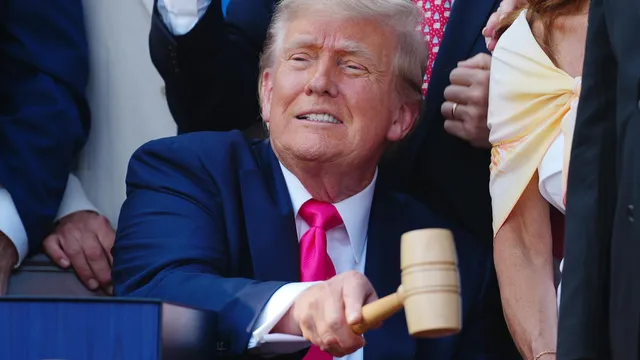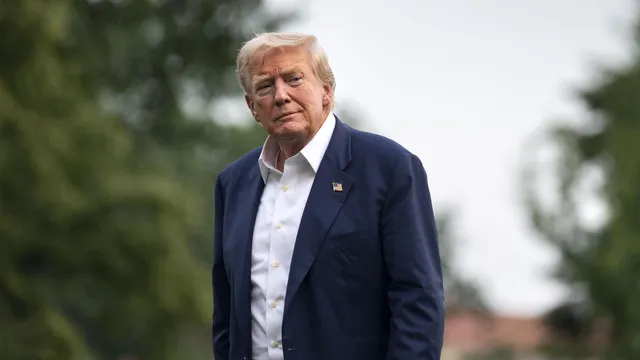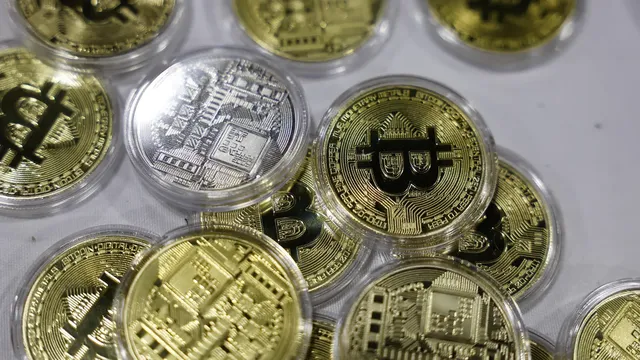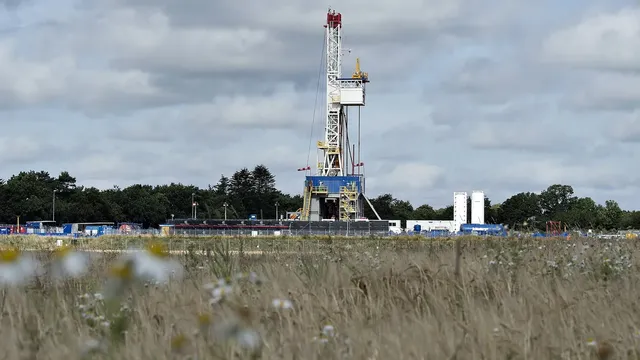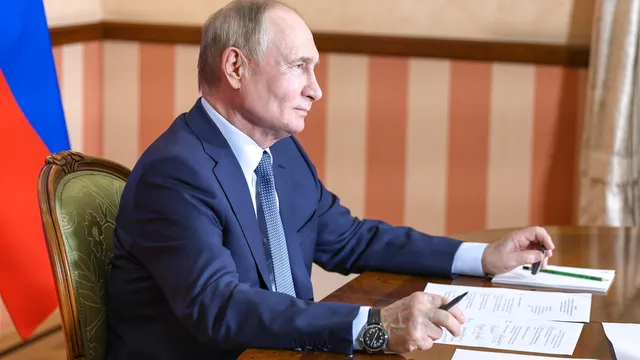The “Serbian World” is dangerous. The place of the Western Balkans is in the European Union, not in imaginary projects under the umbrella of Serbia.
This was stated in an interview for BGNES by Tonino Picula, Member of the European Parliament and rapporteur for Serbia.
“Every project that aims to change the borders at the cost of its neighbours is a dangerous one. The ‘Serbian World’ reflects all the ideas coming from Belgrade that caused four wars on the territory of former Yugoslavia. Now, I don't think that the Serbian leadership is capable enough or willing enough to repeat the mistakes Slobodan Milosevic made 30 years ago, but nevertheless, we need to stay cautious and to send a clear message not only to the Serbian people, but to the people of the Western Balkans, that their future should be within the EU and not in some imaginary ‘Serbian World’. It is important for Brussels to point a finger at such ideas, to prevent them, and clearly describe them politically as very dangerous,” emphasized the Croatian politician.
Picula said it is important that democracy among the EU’s neighbours be stabilized and fostered.
“For the EU, the Western Balkans are not just neighbouring countries. There we have a group of candidate countries, and unfortunately, we have seen over the last few years that the situation is not improving. Each of the candidate countries copes with internal disputes and problems. As the rapporteur of the European Parliament for Serbia, I must say that Serbia is the single most important country in the Western Balkans thanks to its size, population, and influence on neighbouring countries — first of all Bosnia and Herzegovina, Montenegro, and Kosovo. It is very important for European institutions to scrutinize very carefully what is happening in Serbia. At the moment, Serbia and Aleksandar Vucic are backsliding in terms of democratic standards — especially in the last six months, when we have seen mass protests in the streets of Serbian cities. The response from Vucic is not something to welcome. Serbia is backsliding on many democratic indicators and standards,” continued the EP rapporteur.
He recalled that last month the European Parliament adopted his report on Serbia with a vast majority of the voting MEPs.
“But the real question is why the Parliament is the only EU institution that scrutinizes the situation there (in Serbia) so critically. Others, like the European Commission and partly the European Council, have a different approach. Why? It would be better to ask the leaders of these institutions. We need to equalize and standardize our approach to Serbia because the EU is not only a community that shares important features like the single market and currency — it is also a community of values and shared risks. And I don’t see that the Serbian leadership follows these aspects — they are more interested in European funds,” noted Tonino Picula.
According to him, the European Defence Union is the next necessity for the EU, born almost 80 years ago due to various security reasons.
“The European Economic Community started with a very simple idea — to put coal and steel under control, which were then key resources for waging war. Now, 80 years later, the big question is what the EU should put under control to secure the project. The EU started as a project for peace and cooperation, but now it is quite obvious that even the peace project must be able to defend itself. I am not only talking about imminent threats such as Russian aggression against Ukraine or conflicts around the EU, like those in the Middle East or North Africa. I want to underline that the EU is a community of democracies, so if we want to preserve our way of life, we need to nourish democracy as such,” concluded the politician. | BGNES

 Breaking news
Breaking news
 Europe
Europe
 Bulgaria
Bulgaria

